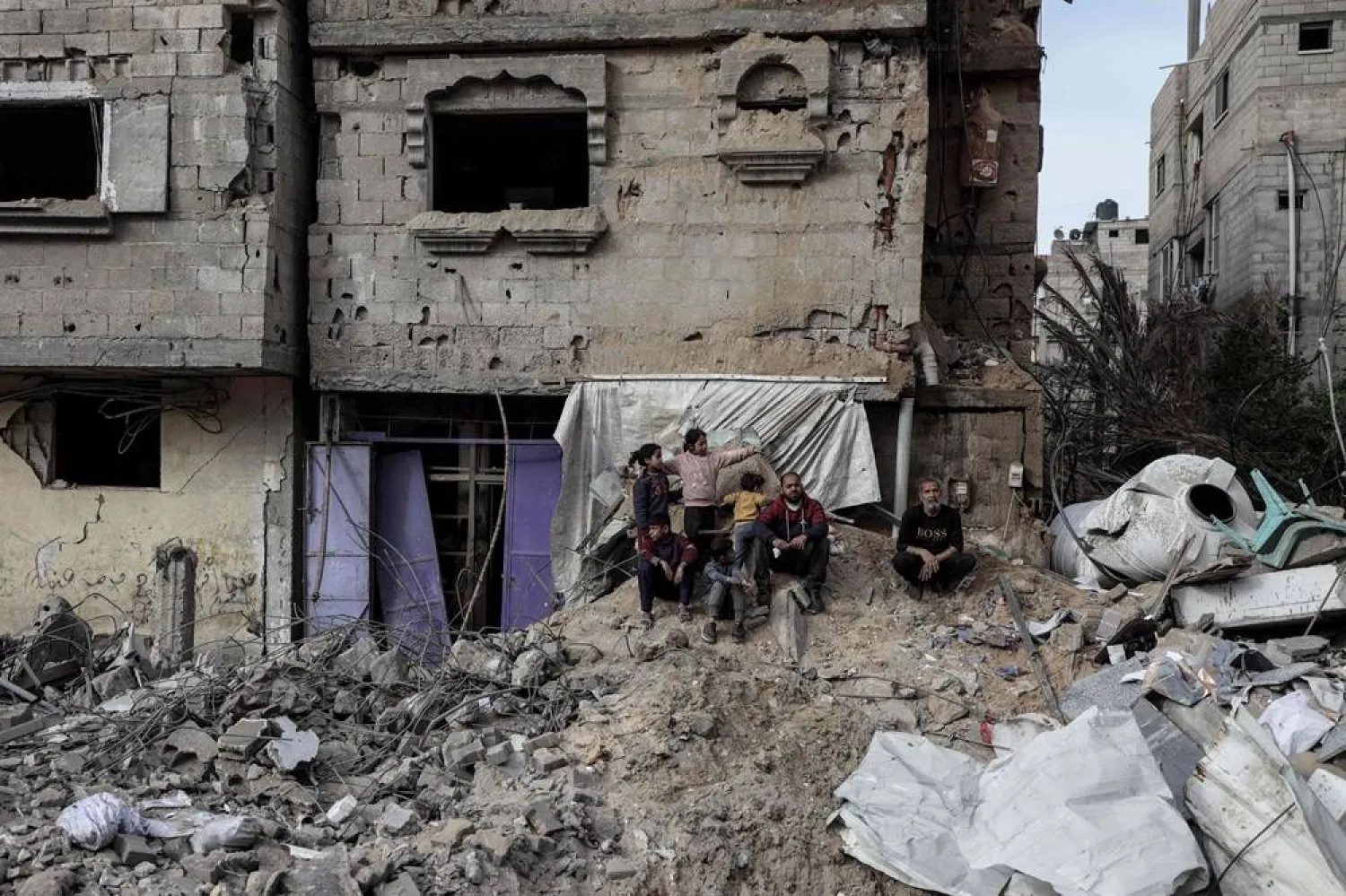Turkish aid agency Humanitarian Relief Foundation (IHH) presented two new vessels on Wednesday meant to take aid directly to Gaza where Palestinians face famine almost six months into Israel's devastating military campaign.
Türkiye, which has denounced Israel for its offensive in densely populated Gaza and called for an immediate ceasefire, has sent tens of thousands of tons of humanitarian aid there since the start of the Israel-Hamas war on Oct. 7, and aims to increase it during the current Muslim holy month of Ramadan.
IHH Chairman Bulent Yildirim inspected the new ships, purchased for a Gaza aid project dubbed "International Freedom Flotilla", in Istanbul's port and said that one of the vessels, the Anadolu (Anatolia), had a capacity of 5,500 tons.
The Anadolu is to be loaded with aid items while the other vessel will carry humanitarian personnel including doctors.
It was not immediately known when the ships would depart for Gaza or where or how they would deliver aid once there. Türkiye has so far sent its aid to Gaza through neighboring Egypt.
In 2010, the IHH sent an aid vessel to Gaza in an attempt to breach an Israeli blockade, but it was intercepted by the Israeli military in a deadly offshore raid which touched off a diplomatic crisis between the two countries.
Currently, aid agencies say only about a fifth of needed supplies are entering Gaza as Israel persists with an air and ground offensive that has shattered the coastal Hamas-ruled enclave, pushing parts to the verge of famine.
They say that deliveries by air drop or by sea directly onto Gaza's beaches are no substitute for increased supplies coming in by land via Israel or Egypt.
Israel says it puts no limit on the amount of humanitarian aid entering Gaza and blames problems in it reaching civilians within the enclave on UN agencies, which it says are inefficient. Aid groups blame Israel's blockade and red tape.
In the 2010 incident, nine pro-Palestinian activists aboard the aid ship were killed and a tenth died in 2014 after years in a coma.
Turkish-Israeli relations have historically been rocky due to disputes over the Israeli-Palestinian conflict.









